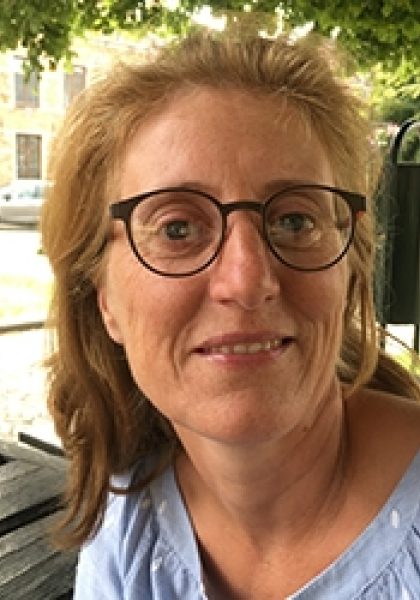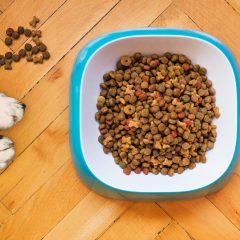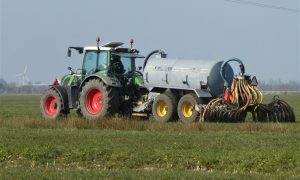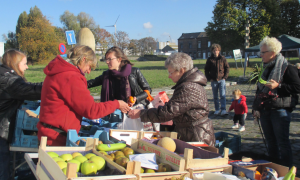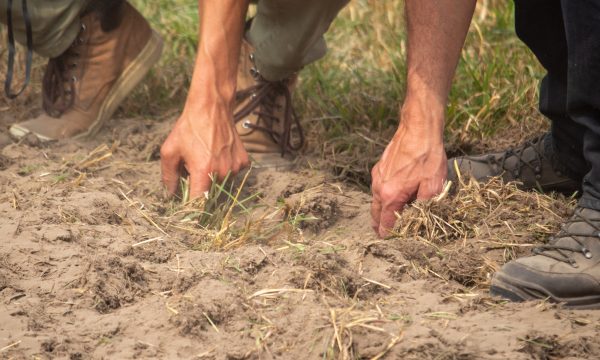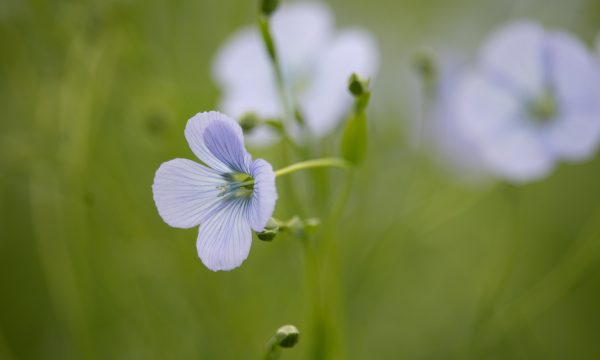Theme Bioeconomy and closed loops
We want to boost the bioeconomy, so we offer our broad expertise, network and infrastructure for the cause. In the bioeconomy, fossil-based raw materials are replaced by renewable ones, such as residual flows and by-products from agriculture, horticulture, fisheries, aquaculture and the food industry. Maximum value creation in all links of the chain and sustainability is paramount here.
Quick links
We also focus on closing loops in the bioeconomy and throughout the agri-food chain. We remove obstacles at the technological, economic and social levels: we conduct research into the stabilization and processing of wet biomass flows, we characterize interesting molecules, we research and evaluate new business models, we look for partners, and we guide them towards effective system innovation.
Great diversity and great potential
Raw materials for the bioeconomy can come from various sources: from land-based systems, such as agriculture and horticulture, to non-land-based systems, such as the cultivation of insects or algae. Residual streams from various production systems can also be used as renewable raw materials. Because biomolecules are complex and offer many possibilities, they can replace fossil raw materials in many places. This is possible, for example, in the food and feed industry, in circular horticulture, in the chemical and pharmaceutical industries and in the building materials sector.
ILVO makes its expertise and infrastructure available to this growing sector:
- With the Meet@all platform, we have expertise and equipment to identify and quantify molecules of interest in raw materials.
- The Food Pilot (a joint venture of ILVO and Flanders’FOOD) has an infrastructure as well as experience with process and product development for both food and non-food applications.
- Our Living Labs for Plant, Marine and Livestock have an extensive network of trial fields, trial cultures and a full composting infrastructure.
- We have expertise in systems thinking, economic modeling, techno-economic (TEA) and life cycle assessments (LCA) to assess the impact, feasibility, sustainability and cost-effectiveness of concrete system innovations
Logistics and preservation
The collection, stabilization and conditioning of different types of bio-based raw materials must be done efficiently, in function of the processing and the final application. ILVO is investigating various ways to do so. Specifically for horticultural residues, an additional difficulty is that they are only released on a small scale in a geographically fragmented way, often only during a few weeks per year. Weather conditions also impact quality and quantity and can create unexpected surpluses on the market. The same applies to macroeconomic or geopolitical shocks. Therefore, we are investigating the technical and economic feasibility of biorefining small-scale horticultural residues. The focus is on the production of stable ingredients, semi-finished or finished products for the food sector.
Cascade
Biomass is preferably valorized according to the wellknown ‘cascade principle’: first for human food and then for animal feed. This principle should be seen as a guide, not as a dogma. ILVO considers it important to look case by case for the most suitable valorization. For the primary sectors, it is challenging to produce bio-based raw materials with respect for natural resources and without competing with potentially more sustainable applications. Therefore, we conduct research on biomass streams that lead to crop diversification and more biodiversity in the field and the greenhouse. We also strive for risk diversification and high added value in the chain.
Closing loops
ILVO is committed to a circular economy that closes loops to the maximum extent possible. That is why we are expanding our expertise in farm composting and the development of sustainable growing substrates. The use of residual flows in compost or as a soil improver in the field offers several advantages: it allows carbon and nutrients to be returned to the soil, it stimulates microbial life and improves the general soil quality. In crop substrates, this also limits the use of unsustainable raw materials, such as peat. Given the high degree of specialization in primary sectors, multiple farms often have to work together to close their loops. We also want to highlight this aspect of a circular economy in our research and in our own practice.
Building new chains
The expansion of the bioeconomy and circular projects is accompanied by numerous system innovations. These have consequences for the relationships between actors within a sector. ILVO has expertise in system thinking and can therefore make a good estimate of how the relationships in a sector will shift. Thanks to a broad network of chain actors, we bring the necessary parties into contact with each other and guide their discussions. This enables them to discuss concrete ideas, build mutual trust and develop new value chains. We also have the experience and expertise to work out business cases and estimate their profitability
Contact an expert
